The Quirky World of Scavenger Animals: Nature's Cleanup Crew
Have you ever wondered who cleans up after nature's wild parties? Well, wonder no more! Let's dive into the fascinating, sometimes gross, but always necessary world of scavenger animals. These creatures are nature's cleanup crew, ensuring that nothing goes to waste in the great outdoors. So, grab your gloves (it might get messy), and let's explore the lives of these unsung heroes who love a good leftover meal.
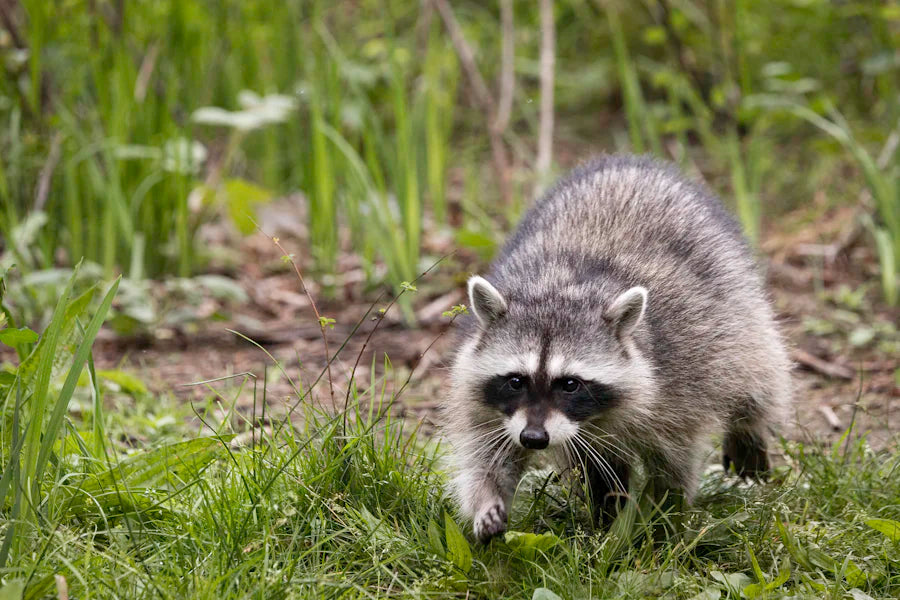
The Circle of Life: Scavenger Edition
Imagine a world where the remains of animals just piled up with nowhere to go. Not only would it be a sight for sore eyes, but it would also be a recipe for ecological disaster. Enter scavengers, the animal kingdom's equivalent of recycling experts. They play a crucial role in our ecosystems by breaking down dead organisms and returning essential nutrients to the soil. It's the circle of life, scavenger style!
The A-Listers of the Scavenger World
When we think of scavengers, our minds might immediately jump to vultures circling overhead in movies, signaling something ominous below. But the scavenger world is more diverse and fascinating than just our bald friends. Let's meet some of the A-listers:
- Vultures: The iconic scavengers, these birds have a keen sense of smell and sight to locate their next meal. They're nature's most efficient cleanup crew, leaving only bones behind.
- Hyenas: Often misunderstood and labeled as mere scavengers, hyenas are also skilled hunters. But they won't say no to a free meal, either. Their powerful jaws crush bones, utilizing every part of their find.
- Raccoons: The mischievous bandits of urban areas, raccoons, are not picky eaters. They'll happily rummage through your garbage, finding treasures in our leftovers. Discover more insights on these curious creatures in this blog post dedicated to answering the question, "Do Raccoons Hibernate?"
- Beetles: Yes, even insects get in on the scavenging action! Dung beetles, for example, recycle animal feces, roll them into balls, and bury them, which helps fertilize the soil.
- Opossums: Opossums, often considered as mere nuisances, are crucial scavengers that help keep our environments clean by consuming dead animals and organic waste. These nocturnal creatures are unique in their immunity to certain toxins and are known for their harmless nature, including their ability to "play dead" when threatened. To explore more about these intriguing animals, check out our blog on "8 Fascinating Facts about Opossums".
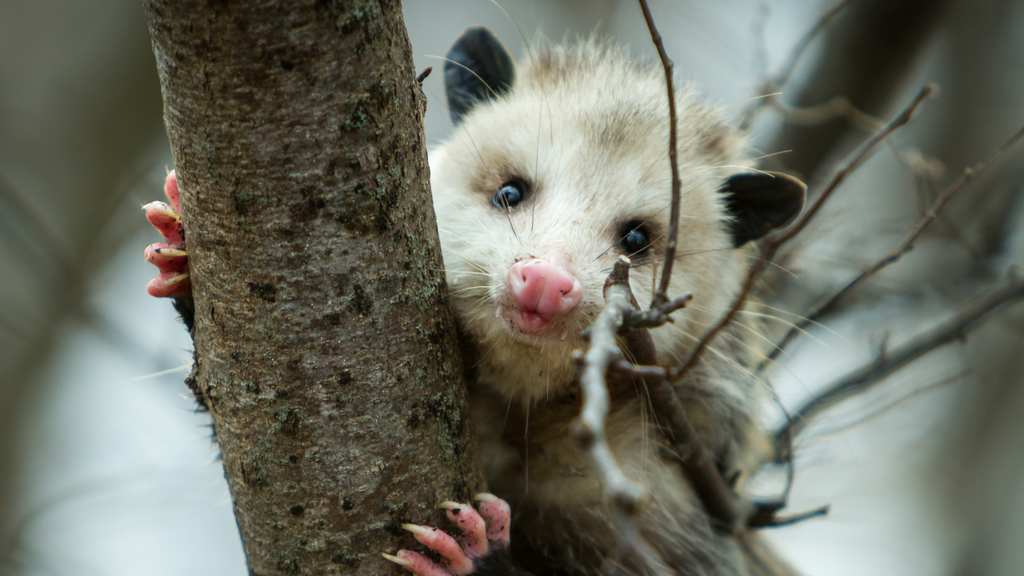
The Unsung Heroes: Less Known Scavengers
Now, let's shine a spotlight on some of the lesser-known but equally essential scavengers out there:
- Earthworms: These wriggly creatures might not be the first that comes to mind, but they are vital decomposers. By consuming dead plant material, they aerate and enrich the soil.
- Crows and Ravens: These intelligent birds are scavenging experts. They are known to use tools and work in teams to access food, showing that scavenging is a brainy business.
- Foxes: Foxes are opportunistic feeders, meaning they're not above scavenging for a meal. They play a crucial role in keeping rodent populations in check. They will also clean up carrion when the opportunity arises.
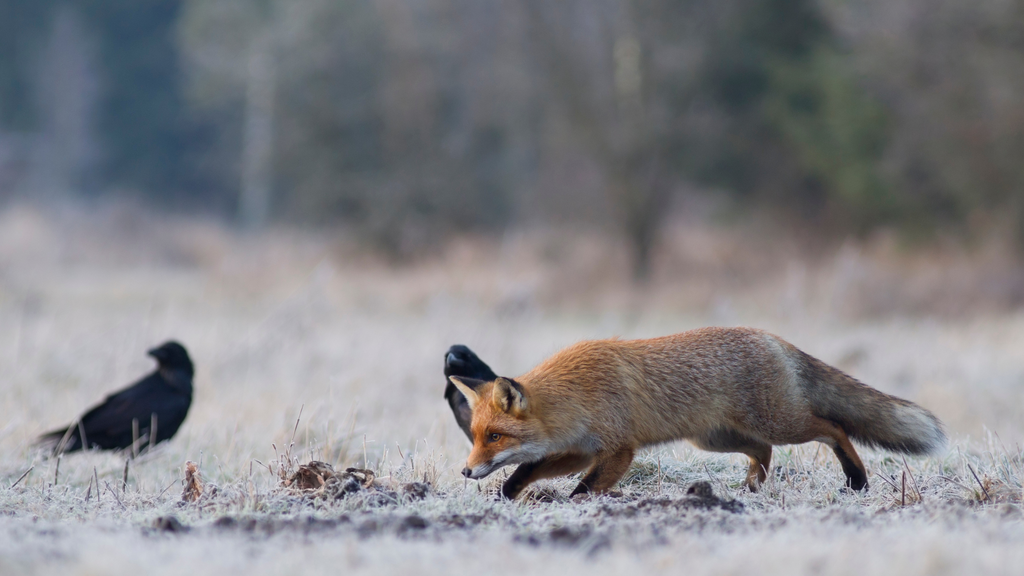
Other Notable Scavenger Animals
While vultures, hyenas, raccoons, and beetles are well-known scavengers, the animal kingdom boasts a variety of lesser-known yet equally fascinating creatures that contribute significantly to the scavenging process.
-
Sharks: Certain species of sharks are known to be scavengers, helping to keep the ocean clean by consuming dead and decaying matter.
-
Bats: Bats, depending on the species, can also be considered scavengers. are vital for ecosystem balance, playing key roles in pollination, seed dispersal, and insect control. Their presence is a sign of a healthy environment, and their conservation is crucial.
- Crabs and Lobsters: Crabs and lobsters, the scavengers of the sea, are essential for maintaining the health of marine ecosystems. They contribute significantly by breaking down organic matter and recycling nutrients back into the ocean.
- Seagulls: Seagulls are versatile scavengers often found along coastlines, adept at exploiting various food sources. They play a crucial role in coastal ecosystems by cleaning up organic waste and controlling insect populations.
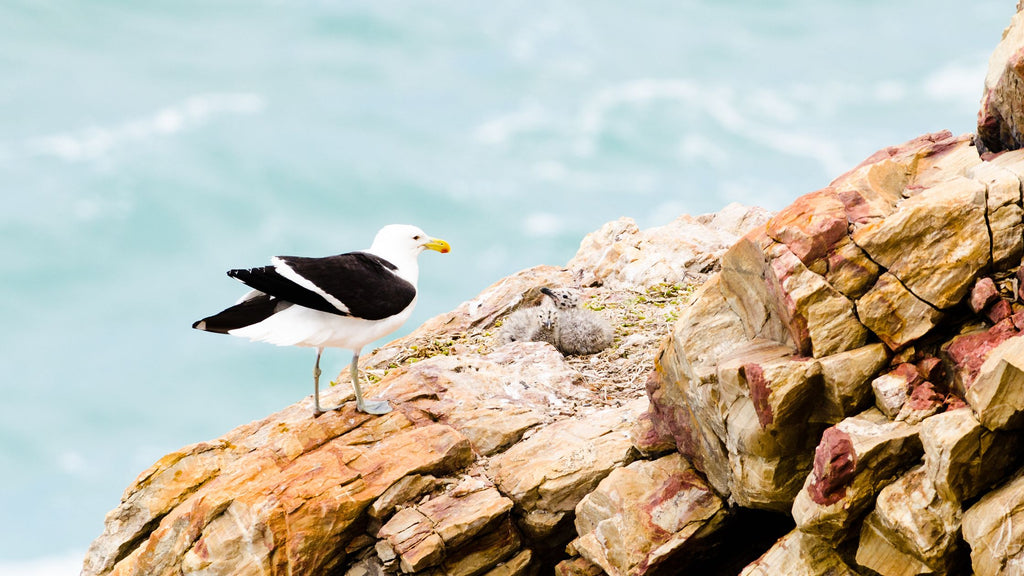
A Day in the Life of a Scavenger
Let's look at the day in the life of a scavenger. Imagine you're a vulture (stylish feather coat and all). Your day starts with a morning thermal ride in the sky, scouting for breakfast. Spotting a meal, you descend gracefully (or as gracefully as a vulture can) to join the feast. It's a communal dining experience, with friends and family joining in. After lunch, it's time for some R&R on a nearby branch, digesting and watching the world go by. The life of a scavenger might seem laid back, but it's all about timing and seizing the opportunity.
Why We Should Love Scavengers (Even If They Eat Dead Stuff)
It's easy to overlook or even be squeamish about scavengers' jobs. Without them, however, we'd be in a heap of trouble (literally). Scavengers prevent the spread of disease by consuming dead and decaying matter, keeping ecosystems healthy and balanced. They are the unsung heroes of the animal kingdom. It is about time we give them the respect they deserve!
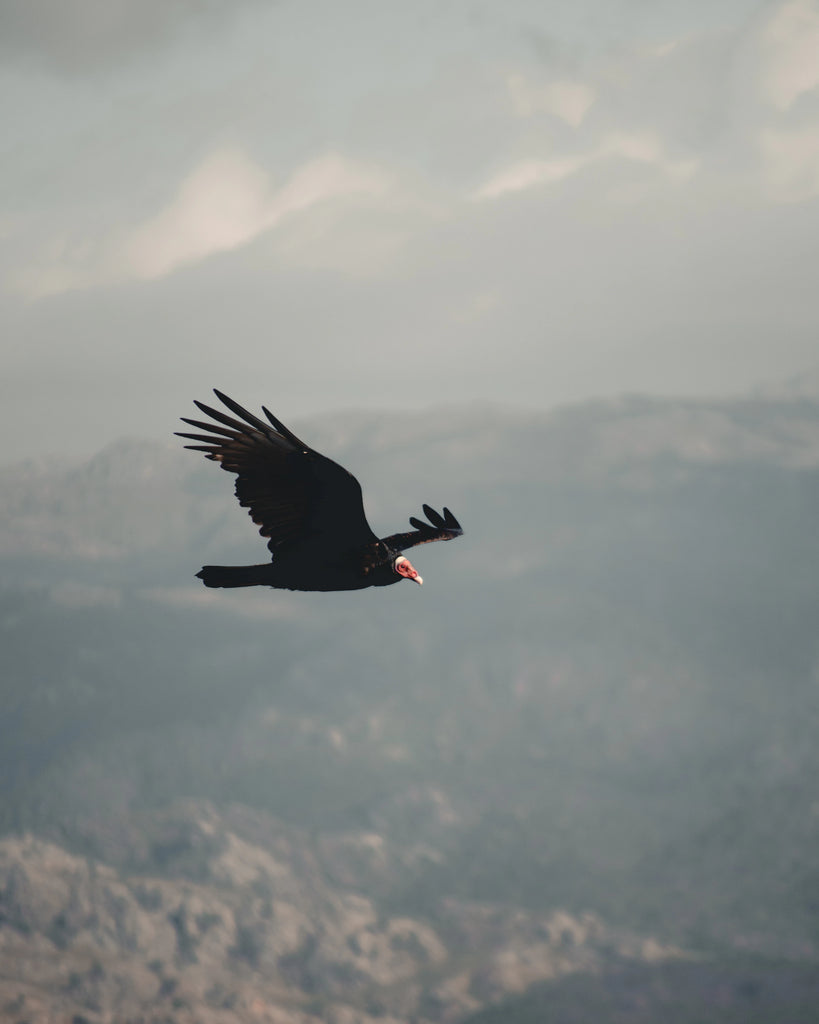
Embracing Our Inner Scavenger
While we might not be keen on adopting the scavenger diet any time soon, we can learn a lot from these animals. In a world where waste is a growing problem, adopting a scavenger's mindset toward recycling and reusing could be beneficial. Maybe next time, before throwing something away, we'll think, "What would a raccoon do?"
Conclusion: Celebrating Nature's Cleanup Crew
So, there you have it—the quirky, fascinating world of scavenger animals. From vultures to earthworms, these creatures are vital in keeping our planet clean and healthy. It is not the most glamorous job, but they do it with efficiency and flair. Next time you see a scavenger at work, take a moment to appreciate these essential members of the ecological community. After all, in the grand tapestry of life, every thread has its purpose, even those that prefer their meals a little dead.
Ultimately, scavenger animals remind us of the beauty in nature's efficiency and the importance of every role in the ecosystem. Let's raise our glasses (or, perhaps more fittingly, our recycling bins) to these remarkable creatures. Here's to the scavengers—nature's ultimate recyclers, whose love for leftovers keeps our world a little cleaner, one bite at a time.

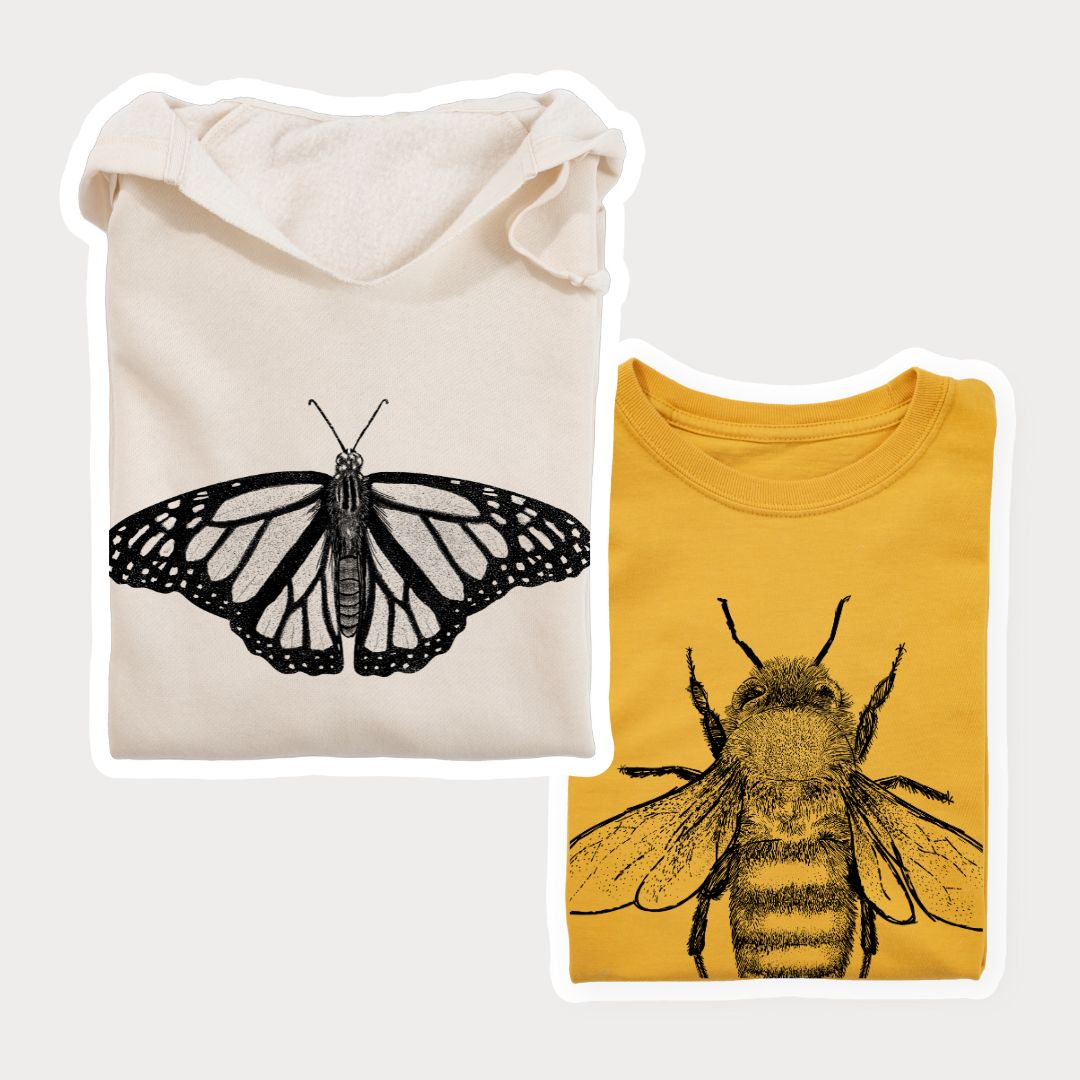


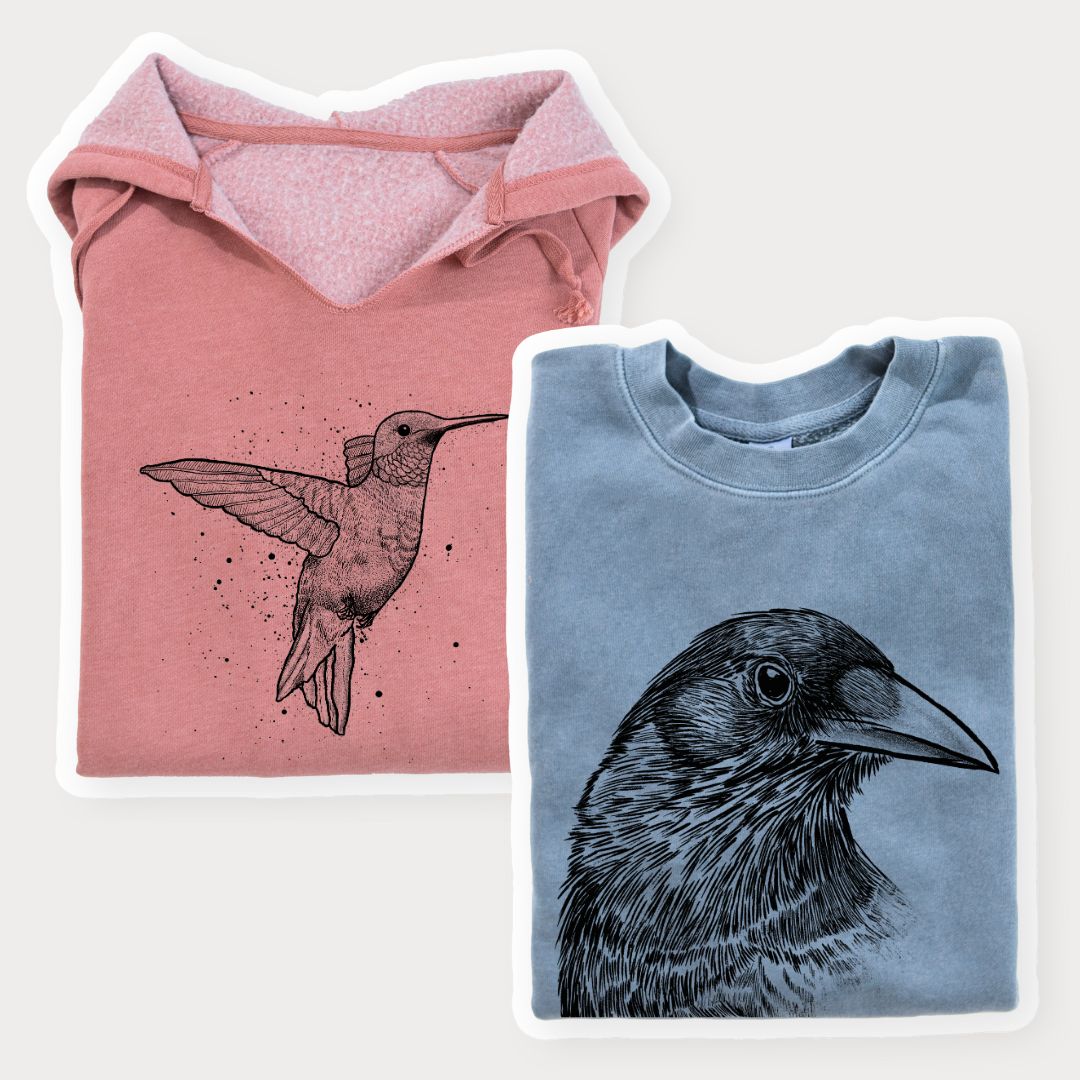
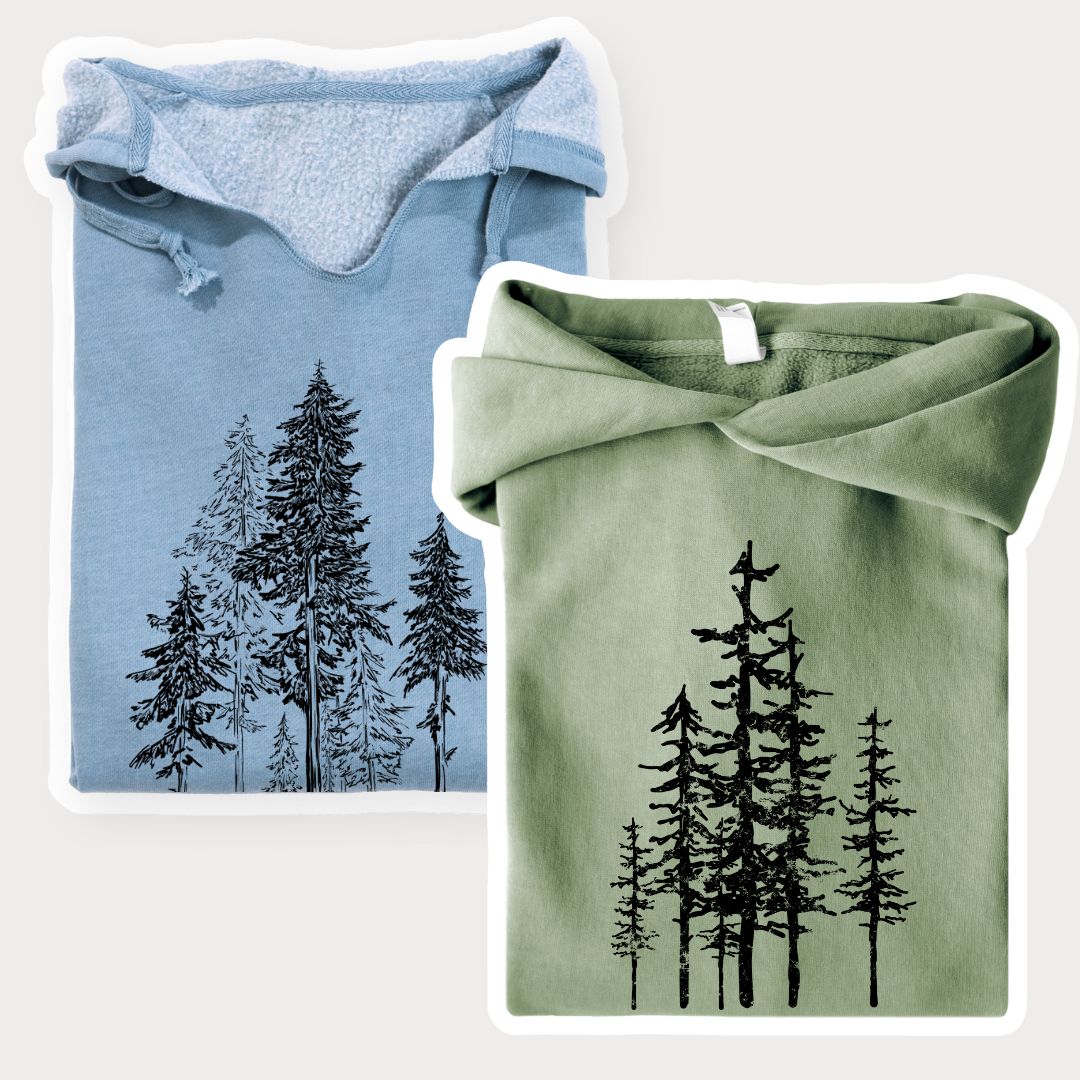
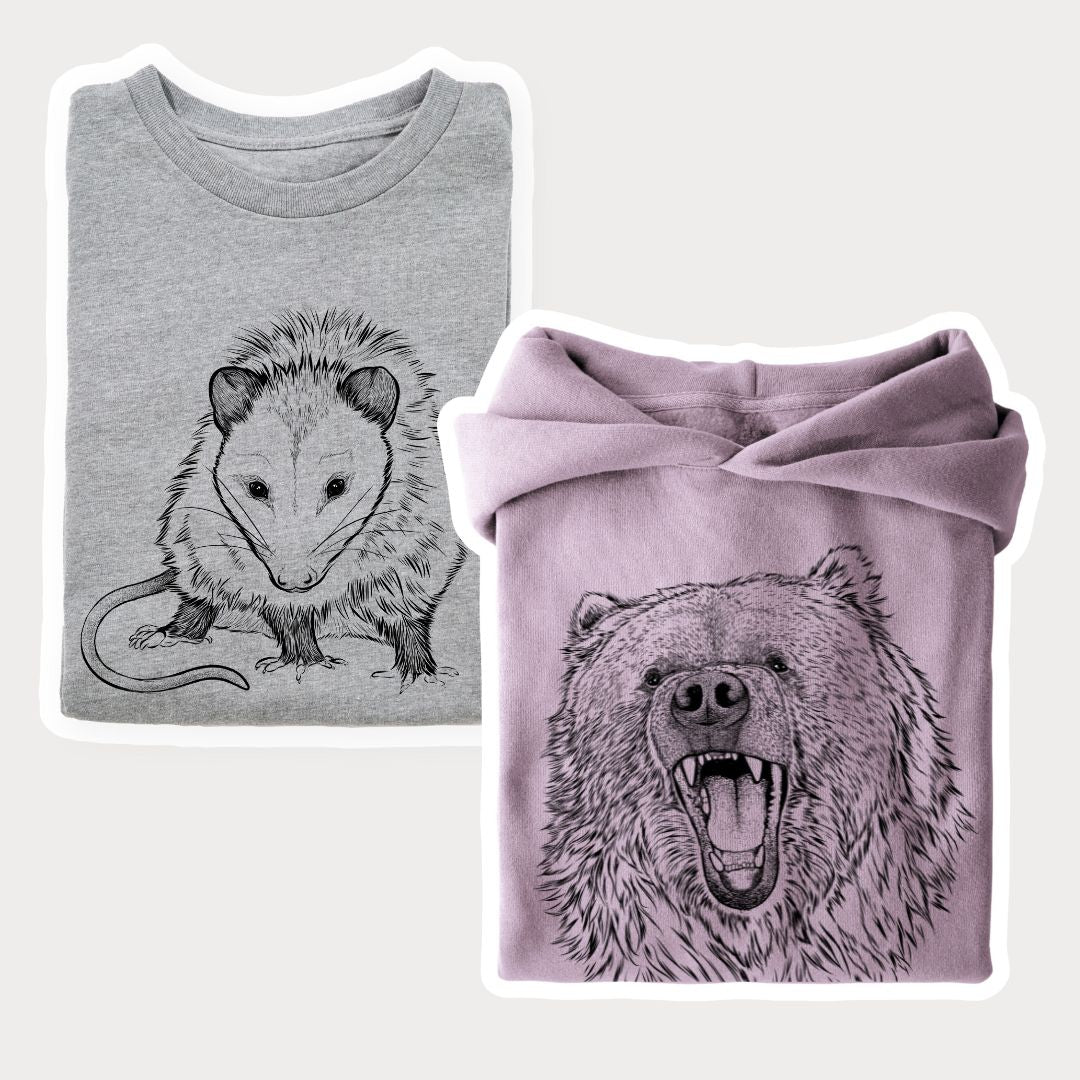


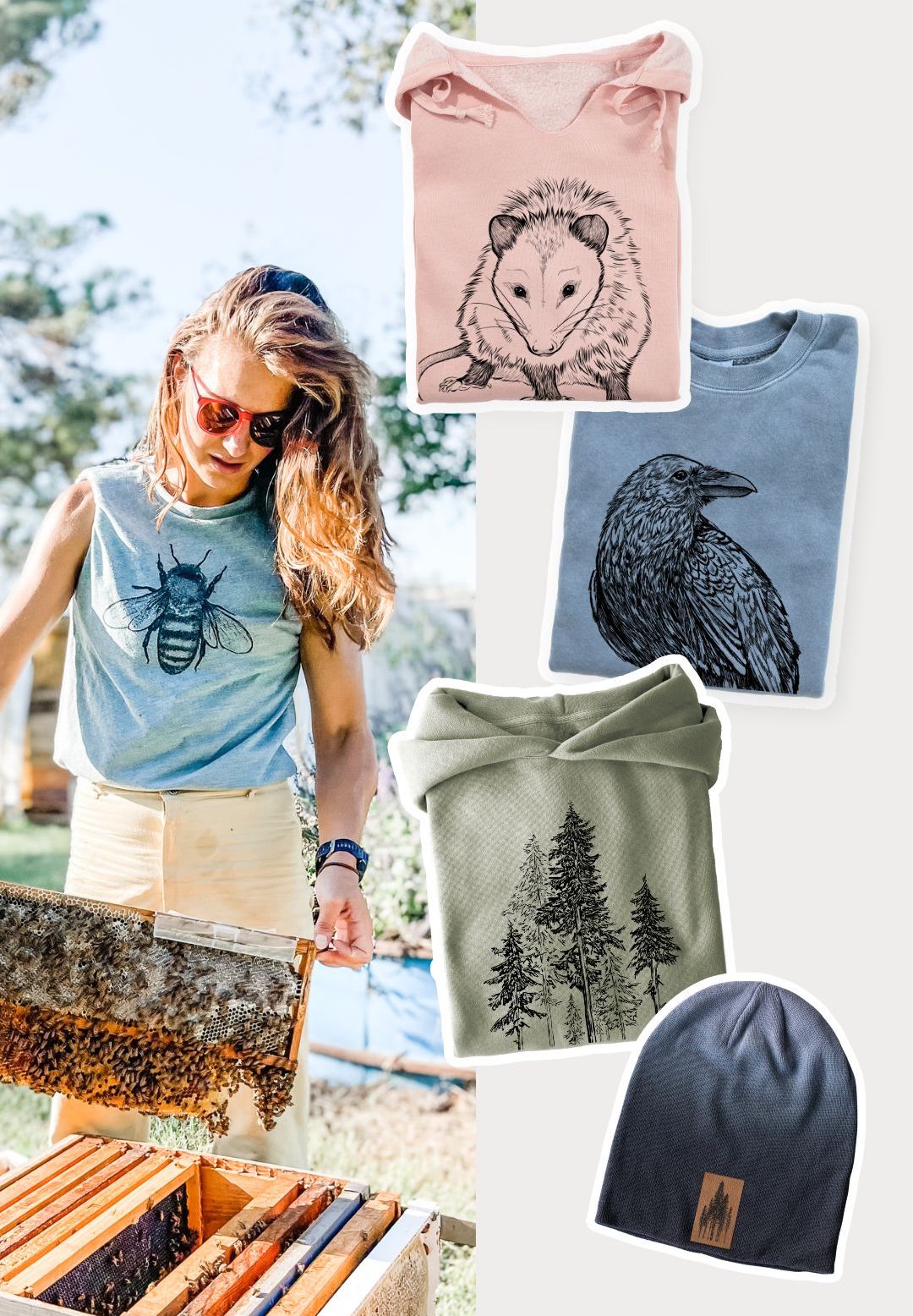

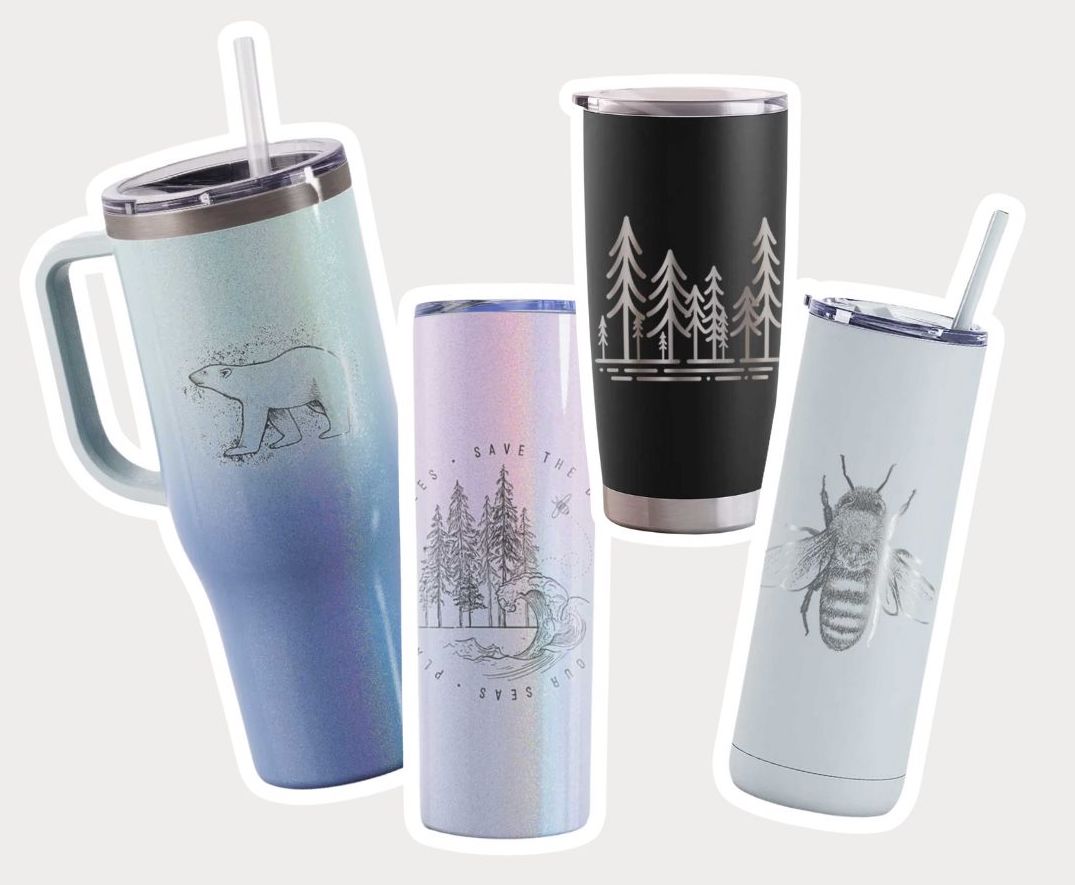
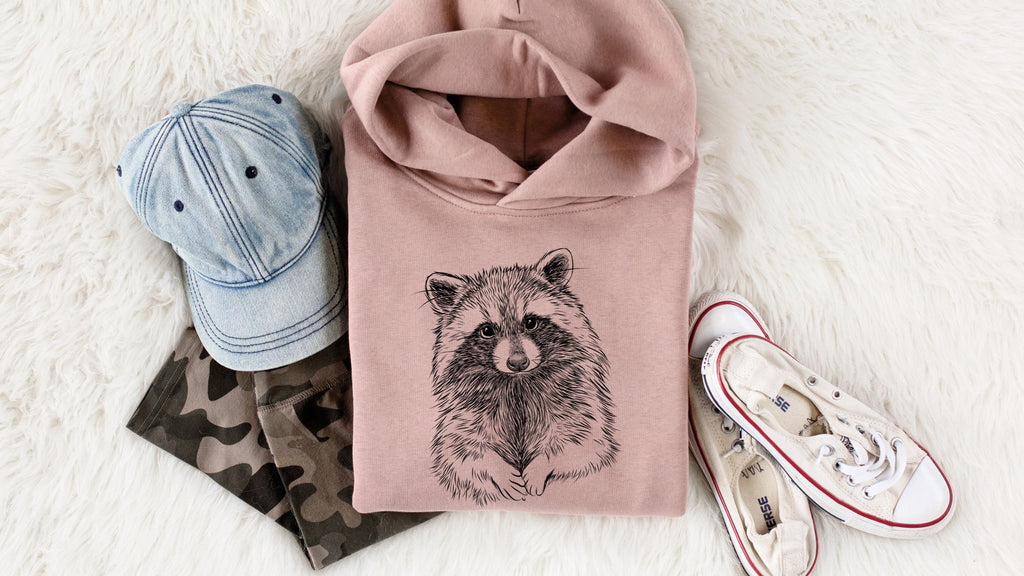
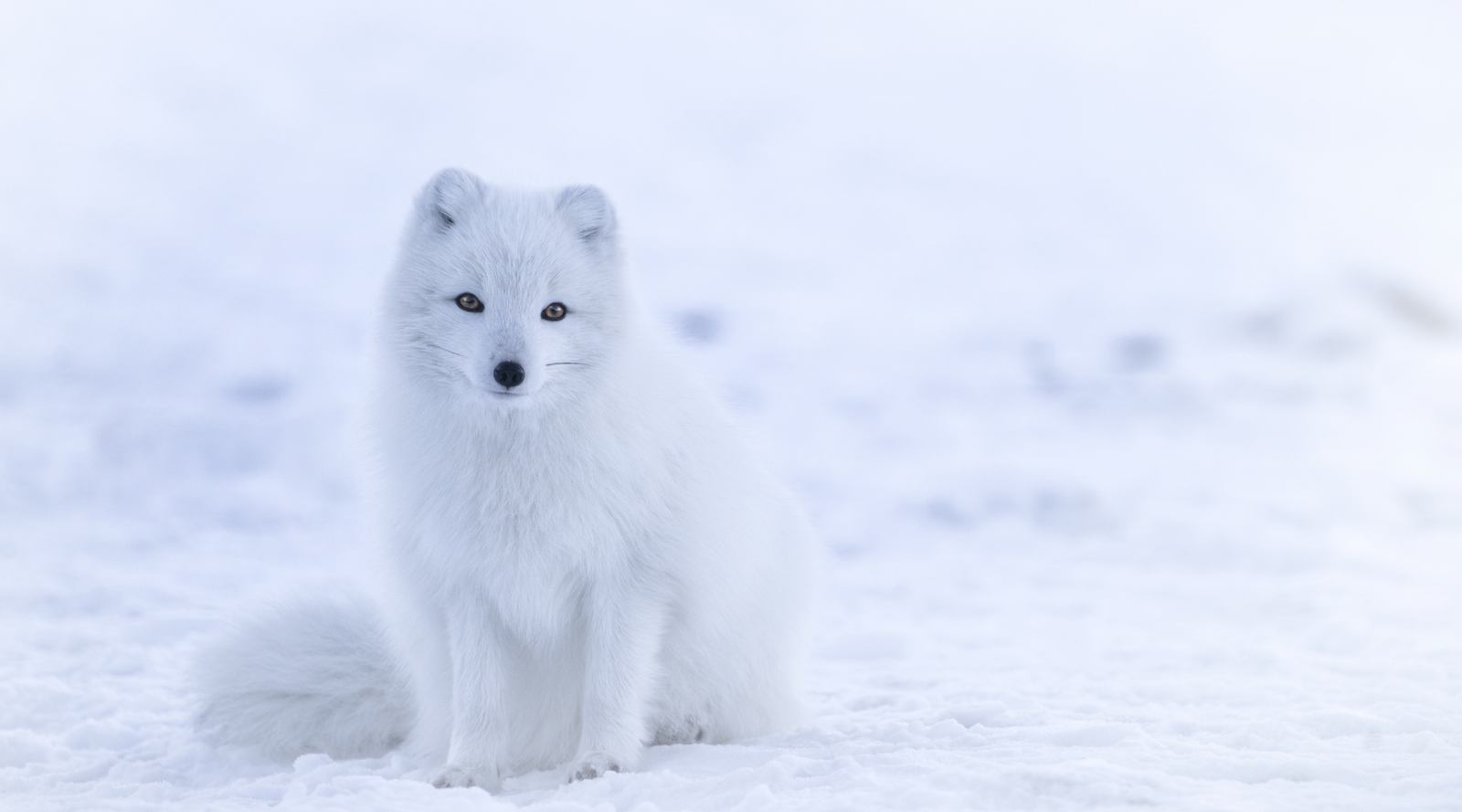
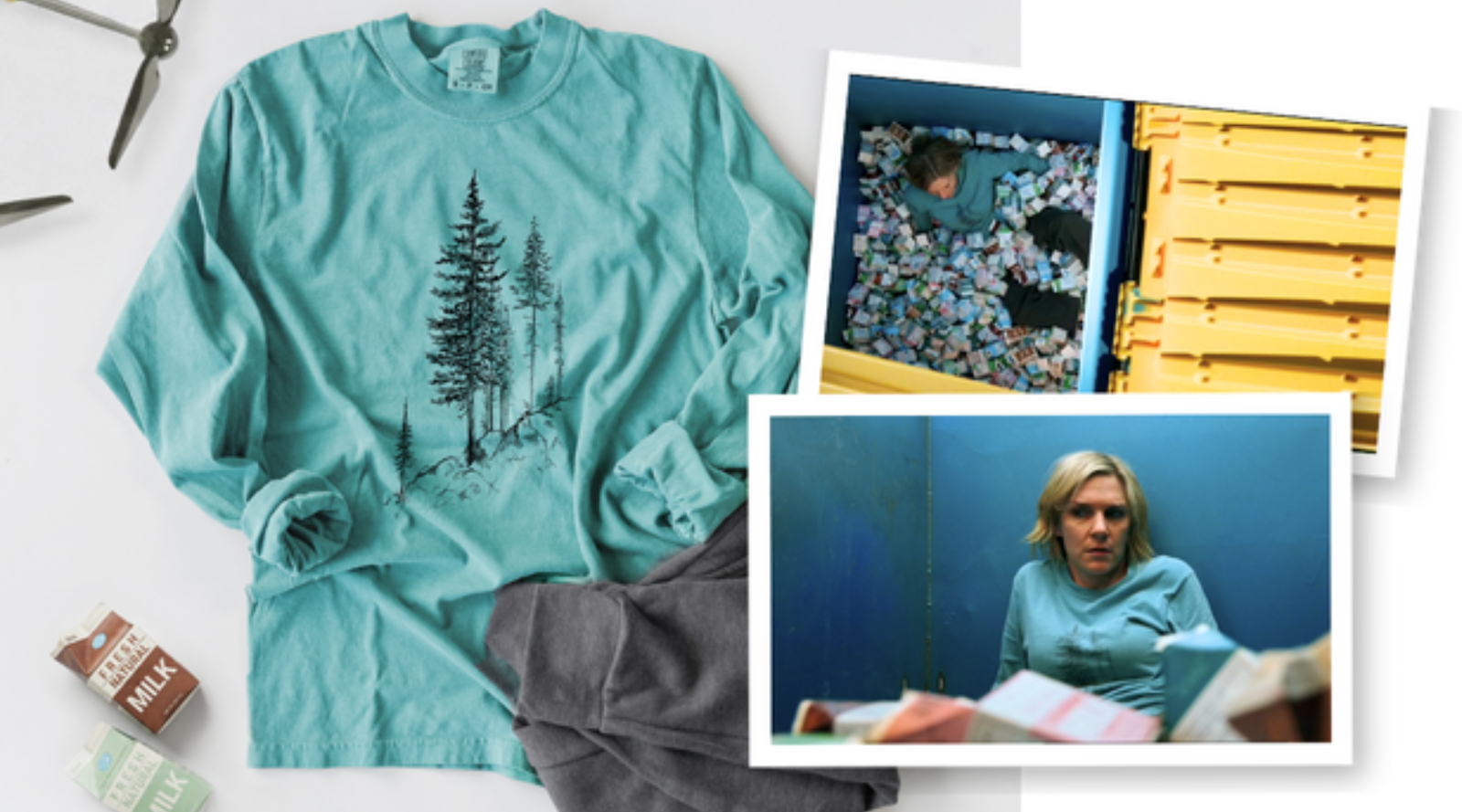

Betty
August 07, 2024
Another unique, interesting, thing about oppossums is that, due to their low body temperature, they are virtually immune from rabies.